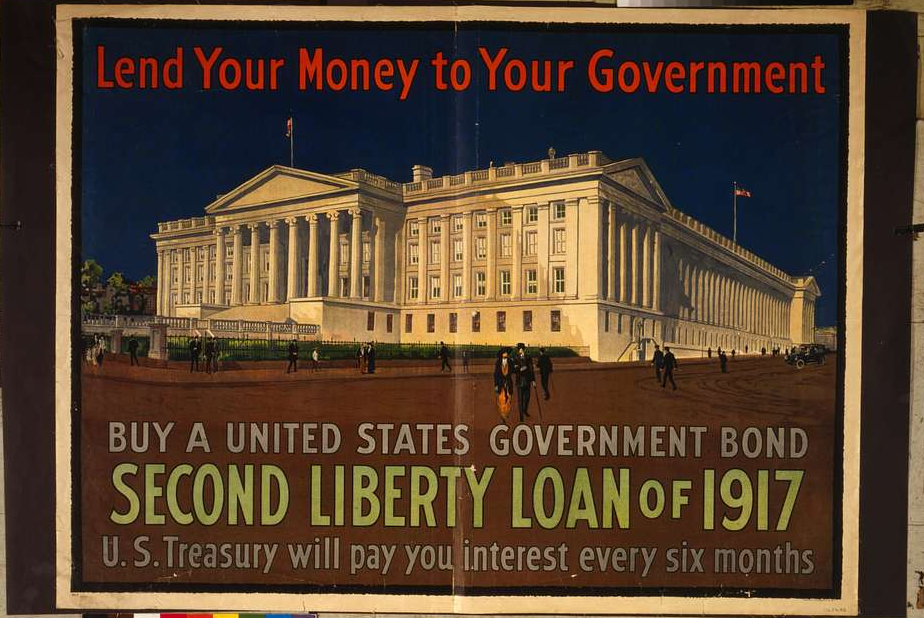U.S. Treasury Seeks Massive Expansion of Warrantless Surveillance & Powers to Sanction Open-Source Software
"This week, the U.S. Department of the Treasury sent a letter to the heads of the Senate Banking and House Financial Services Committees. Included with the letter was a memo titled “Potential Options to Strengthen Counter-Terrorist Financing Authorities.”

- There were several recommendations, but three are particularly noteworthy," wrote CoinCenter.
- "So much of the analysis of these proposals will ultimately depend on how they are drafted in legislative text.'
- Treasury’s proposals begin with a vague recommendation about a new authority analogous to secondary sanctions.
- While vague in form, Treasury has previously advocated for limitations on certain “transmittals of funds,” a term intended to give the Treasury Department authority to stop U.S. financial institutions from engaging in certain cryptocurrency transactions.
- These special measures range from information-gathering and record-keeping requirements (as we saw Treasury recently impose on financial institutions interacting with mixers), to a complete prohibition on a U.S. financial institution from having a correspondent account or a payable-through account for a foreign financial institution.
- The recommendations go on, however, to claim to close “loopholes in Treasury authorities.”
- It does this by defining “virtual asset wallet providers, certain blockchain validator nodes, and decentralized finance services” as “financial institutions.”
- This definition would make each of these entities subject to the Bank Secrecy Act (BSA). Treasury also recommends that “DeFi service providers, noncustodial wallet providers, miners, and validators” all be treated the same as financial institutions and banks.
- Finally, the recommendations also include making “blockchain nodes or other elements of cryptocurrency transactions” subject to the International Emergency Economic Powers Act (IEEPA).
- This authority would allow Treasury to sanction these entities, some of which may only be software. The explanation for why this is necessary includes a mention of Tornado Cash litigation, which includes a lawsuit Coin Center has filed against Treasury.
According to CoinDesk, U.S. Treasury is also looking for powers over overseas stablecoin issuers such as Tether.
- "Deputy Secretary of the Treasury Wally Adeyemo has lobbied senior members of Congress with a proposal that he called "a set of common-sense recommendations to expand our authorities and broaden our tools and resources to go after illicit actors in the digital asset space," reported CoinDesk.
"Legislation could explicitly authorize OFAC to exercise extraterritorial jurisdiction over transactions in stablecoins pegged to the USD (or other dollar-denominated transactions) as they generally would over USD transactions," the proposal suggested, giving a reach into transactions that the document notes "involve no U.S. touchpoints."
- "Adeyemo doubled down on that idea in his Wednesday remarks, saying that non-U.S. stablecoin issuers shouldn't be able to use the U.S. dollar without "procedures to prevent terrorists from abusing their platform."




